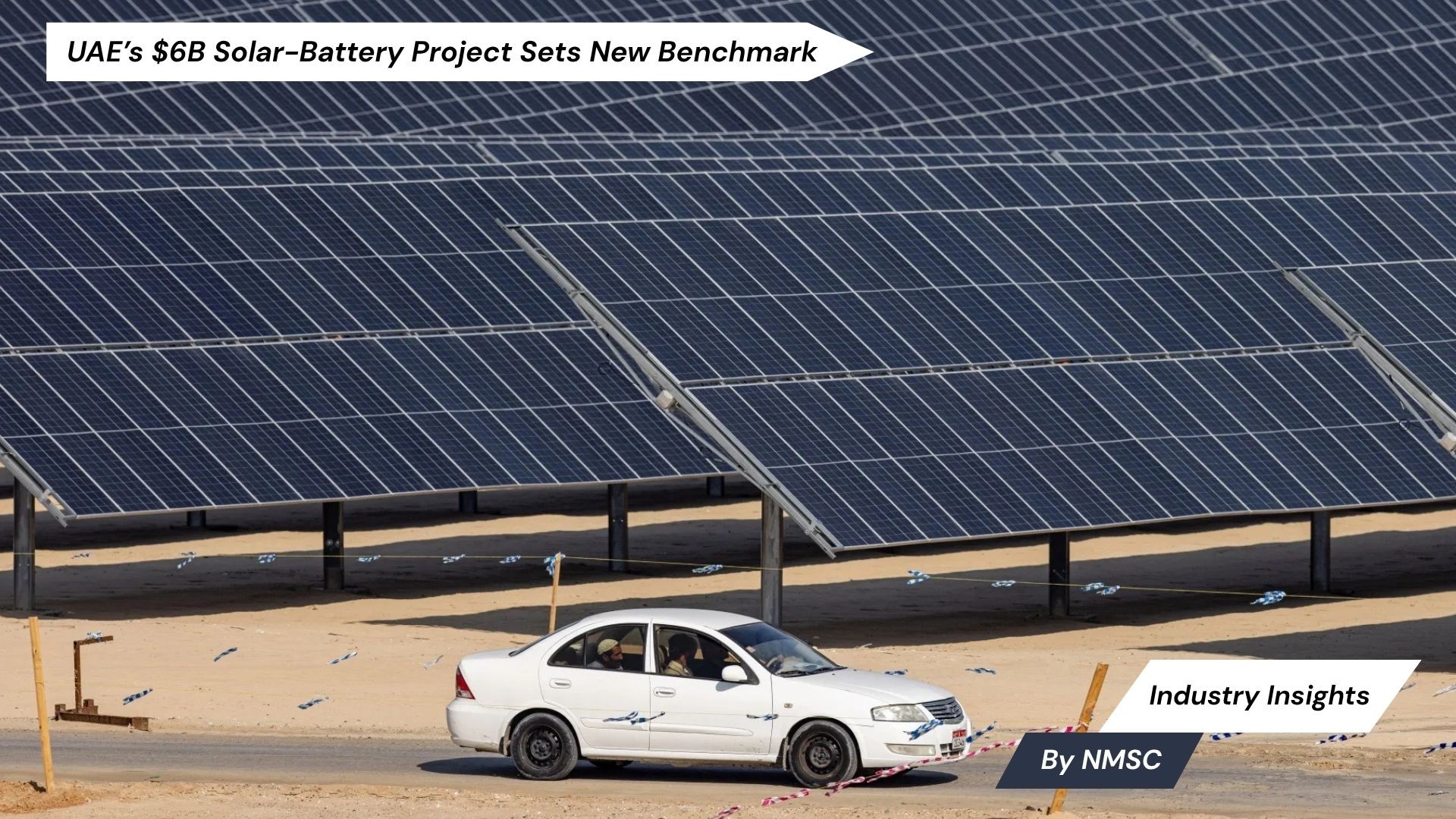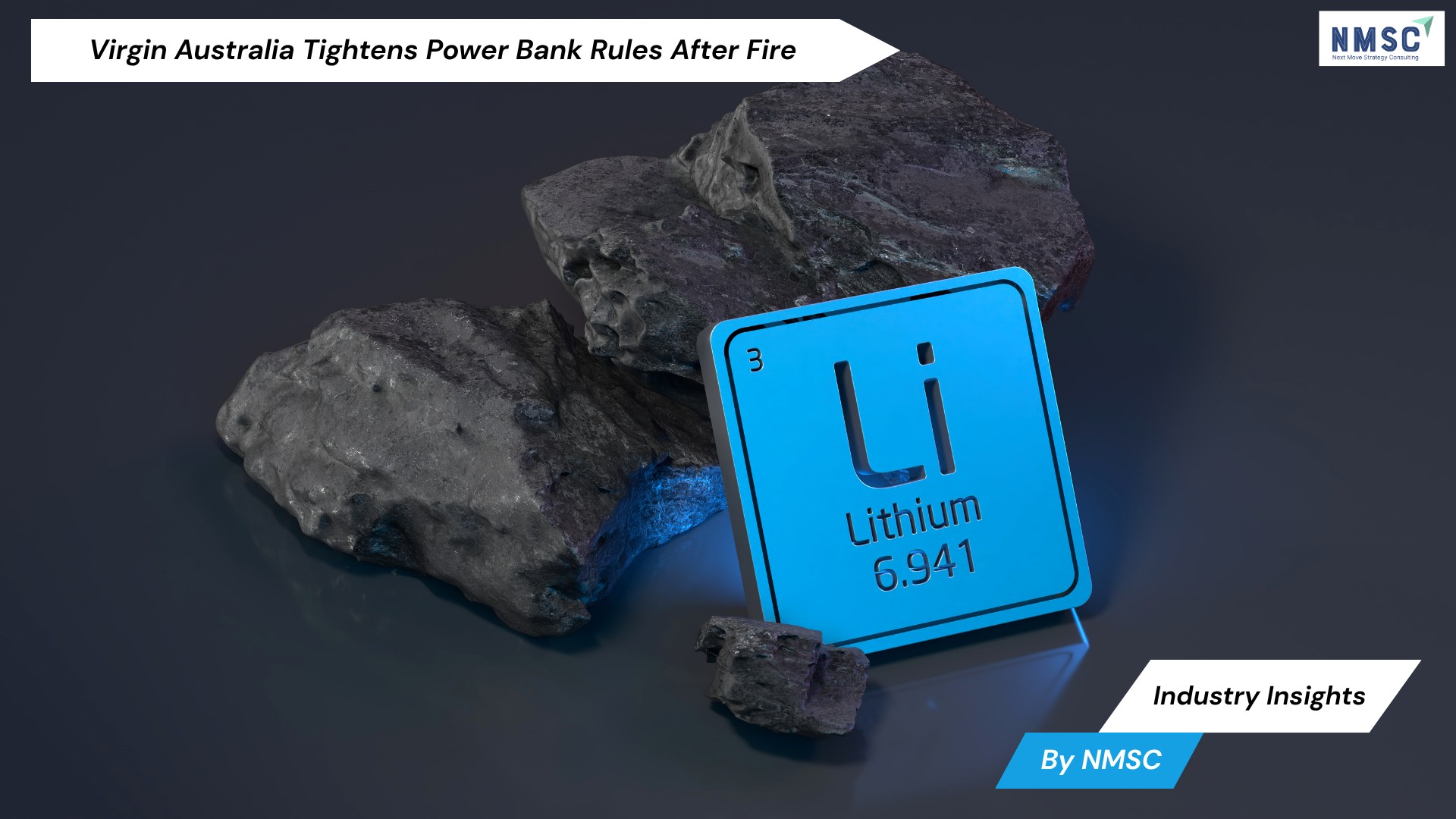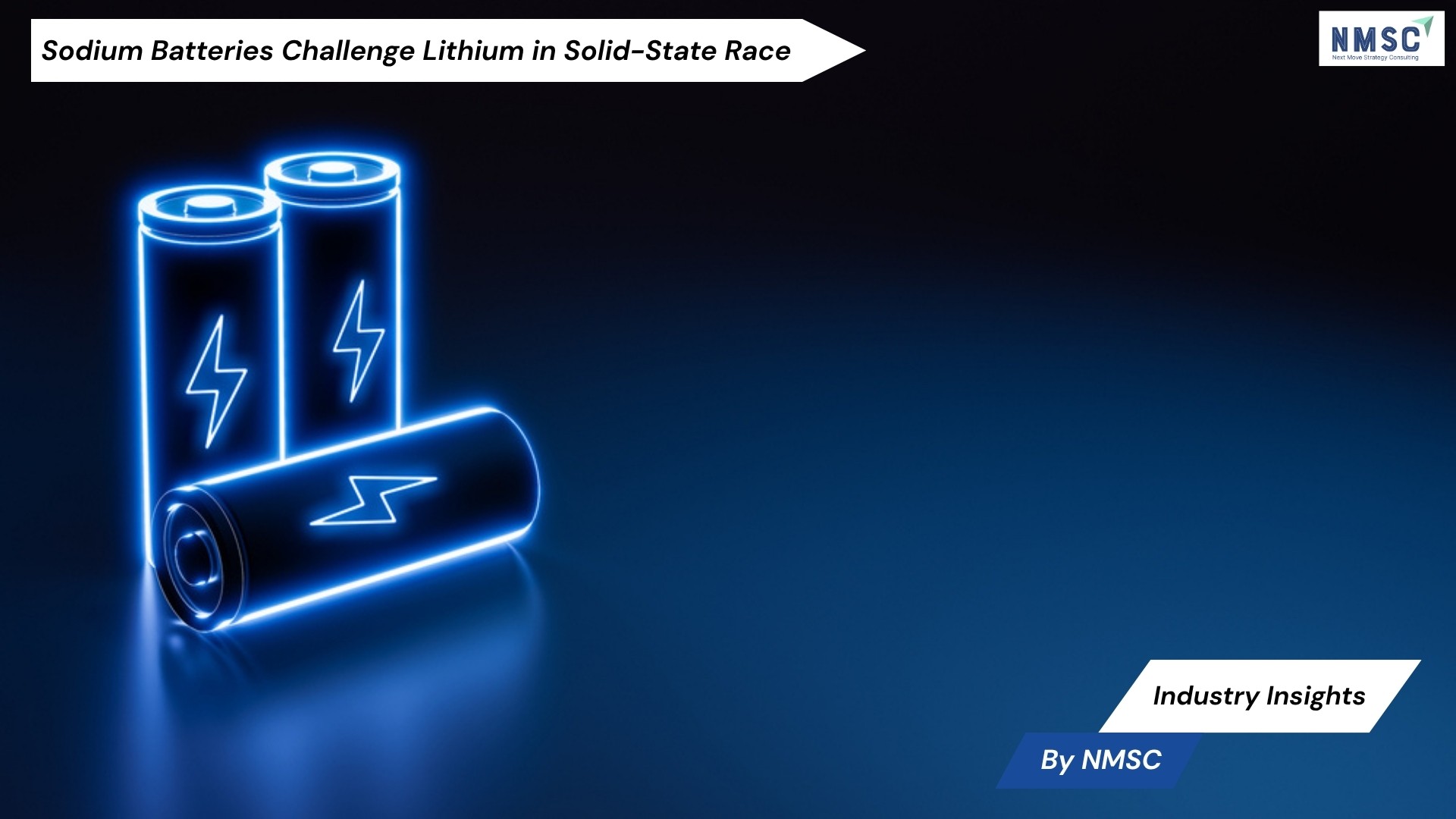Japan Battery Market is expected to reach USD 8.02 billion by 2030
Published: 2025-01-18
The high sales of EVs in Japan and increasing government investments are driving up demand for the Japan battery market during the forecast period.
Japan Battery Market was valued at USD 2.90 billion in 2022, and is predicted to reach USD 8.02 billion by 2030, with a CAGR of 13.5% from 2023 to 2030, according to new research by Next Move Strategy Consulting.
Due to the significant sales of electric vehicles (EVs) within the nation, Japan commands a substantial portion of the battery market. According to the Japan Automobile Dealers Association (JADA), 3,675,650 new cars were sold in 2021, out of which 40.5% were EVs, accounting for 1.4 million units. Thus, high sales of electric vehicles are increasing the demand for lithium-ion batteries, which, in turn, is driving the battery market.
However, lack of proper battery management can lead to a range of risks affecting both human well-being and the environment. Often, batteries that have been used or discarded end up in landfills, gradually breaking down and emitting hazardous materials. As these batteries degrade, their chemical constituents can permeate the soil, leading to the pollution of both underground and surface water reservoirs. This contamination poses a notable danger to our ecosystem, inducing harmful impacts on diverse aquatic flora and fauna due to the existence of dangerous battery components such as mercury, cadmium, lithium, and lead. Consequently, this situation is expected to hinder the expansion of the battery market in Japan.
On the other hand, the increasing adoption of NDBs across diverse sectors such as automotive, aerospace, and electronics is poised to open up promising prospects within Japan's battery market. The emergence of NDBs signals a revolutionary departure in the realm of energy generation and storage, challenging the established norms of conventional battery technology. These Nuclear Diamond Batteries (NDBs) represent a groundbreaking advancement, harnessing the latent energy within radioactive decay of nuclear waste to generate usable power.
Distinguished by their unique attributes, these exceptional systems excel in capturing and converting energy derived from radioactive decay. NDBs stand out due to their compact design, modular capabilities, cost-effectiveness, and scalability, making them adaptable and valuable across a wide spectrum, from small-scale chipsets to expansive industrial applications.
By employing alpha, beta, and neutron voltaic principles within a sturdy diamond-based framework, NDBs offer a sustainable and enduring energy solution for a diverse array of applications, effectively surpassing the limitations of traditional chemical battery technologies. This paves the way for substantial growth opportunities within Japan's dynamic battery market.
Request for a Sample PDF on the Japan Battery Market
According to the report, leading players in the Japan battery market include LG Chem Ltd., CATL, Samsung SDI Co. Ltd., BYD, SKI, ENVISION AESC GROUP LTD., Gotion High tech Co Ltd, Primearth EV Energy Co., Ltd., Japan Aviation Lithium Battery Co., Ltd., Panasonic Corporation.
Key Insights from the Japan Battery Market Report:
-
The information related to key drivers, restraints, and opportunities and their impact on the Japan battery market is provided in the report.
-
The value chain analysis in the market study provides a clear picture of the roles of each stakeholder.
-
The market share of players in the Japan battery market is provided in the report along with their competitive analysis.
















Add Comment